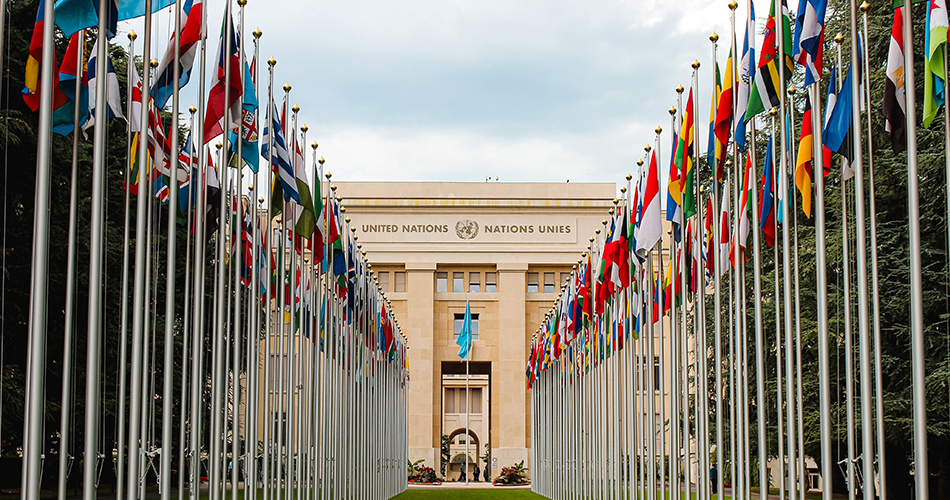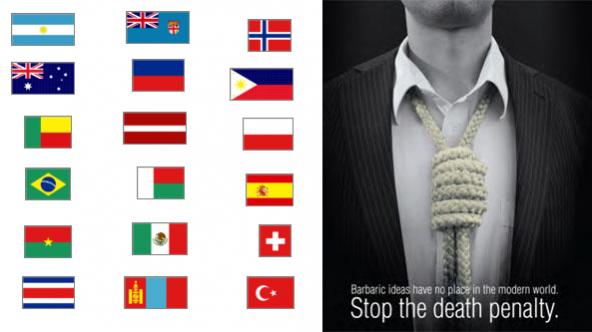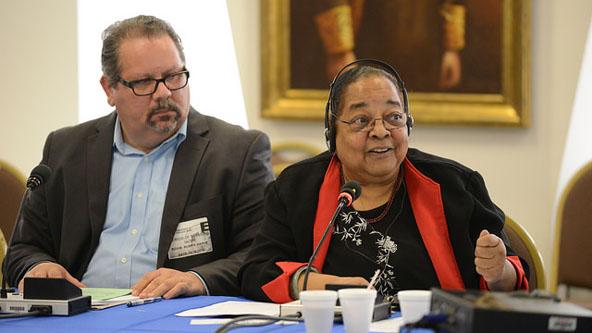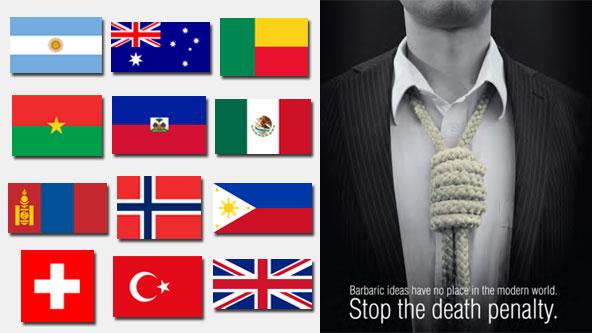Related document(s)
Document(s)
The politics of abolition: Reframing the death penalty’s history in comparative perspective
By Carolyn Strange, Daniel Pascoe, and Andrew Novak, on 5 December 2024
2024
Academic Article
Canada
Cruel, Inhuman and Degrading Treatment and Punishment
Mali
Mexico
Myanmar
Philippines
Trend Towards Abolition
United Kingdom
More details See the document
Literature on opposition to the death penalty typically characterizes abolition as inexorable and attributes its fulfillment to the age of human rights. Although most countries abolished capital punishment after the Universal Declaration of Human Rights in 1948, this article uses three comparative case studies to demonstrate abolition’s entanglement with a broader range of political, legal, and cultural factors. Applying a historically grounded nonteleological approach, we offer three insights. First, civilizationist values drove abolitionism in countries in the “vanguard,” such as Canada and England/Wales, where human rights rationales were expressed well after abolition and as a mark of superiority. Second, death penalty abolition has often allied with decolonization and penal reform, but assertions of independence and sovereignty have periodically provoked reinstatement, as in Mexican and Philippine history, which underscores the fragility of abolition. Third, state-centric approaches to de jure and de facto abolition overlook the practice of extrajudicial and summary “rebel” executions in polities such as Myanmar and Mali, which lack a state monopoly on force. Further historical studies that do not presuppose a human rights explanation of abolition and that compare jurisdictions within as well as between the Global North and South will better grasp the death penalty’s complex history.
- Document type Academic Article
- Countries list Canada / Mali / Mexico / Myanmar / Philippines / United Kingdom
- Themes list Cruel, Inhuman and Degrading Treatment and Punishment / Trend Towards Abolition
Document(s)
Support for the Death Penalty in Developed Democracies: A Binational Comparative Case Study
By Kevin Buckler / Willian Reed Benedict / Ben Brown / International Criminal Justice Review, on 1 January 2010
2010
Article
Mexico
More details See the document
To assess support for the death penalty in Mexico and South Korea, surveys were administered to students at institutions of higher education. The majority of respondents in Mexico (52.3%) and South Korea (60.8%) supported the death penalty. Given that the Mexican and South Korean governments have histories of using criminal justice agencies to suppress democratic reform, the high level of support for the death penalty indicates that a history of authoritarian governance may not inculcate widespread opposition to the punishment. Concomitantly, regression analyses of the data indicate that beliefs about the treatment afforded to criminal suspects do not significantly affect support for capital punishment. Contrary to research conducted in the United States, which has consistently shown support for capital punishment is lower among females than among males, regression analyses of the data show that gender has no impact on support for the death penalty; findings that call for a reexamination of the thesis that the gender gap in support for the death penalty in the United States is the result of a patriarchal social structure.
- Document type Article
- Countries list Mexico
- Themes list Public opinion, Public debate,
Document(s)
Compliance with ICJ Provisional Measures and the Meaning of Review and Reconsideration Under the Vienna Convention on Consular Relations: Avena and other Mexican Nationals (Mex. v. U.S.)
By Linda E. Carter / Michigan Journal of International Law, on 1 January 2003
2003
Article
Mexico
More details See the document
For the third time in a span of five years, a country has brought suit against the United States in the International Court of Justice (ICJ) for violations of the Vienna Convention on Consular Relations (VCCR) in capital cases. 1 And, for the third time, the ICJ has issued an order of provisional measures. The most recent order indicates that: “the United States shall take all measures necessary to ensure that [three named Mexican defendants] are not executed pending final judgment in these proceedings.” (Avena case)
- Document type Article
- Countries list Mexico
- Themes list Foreign Nationals,





